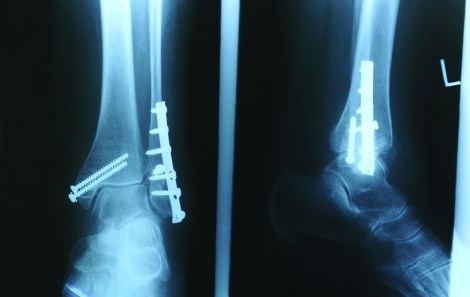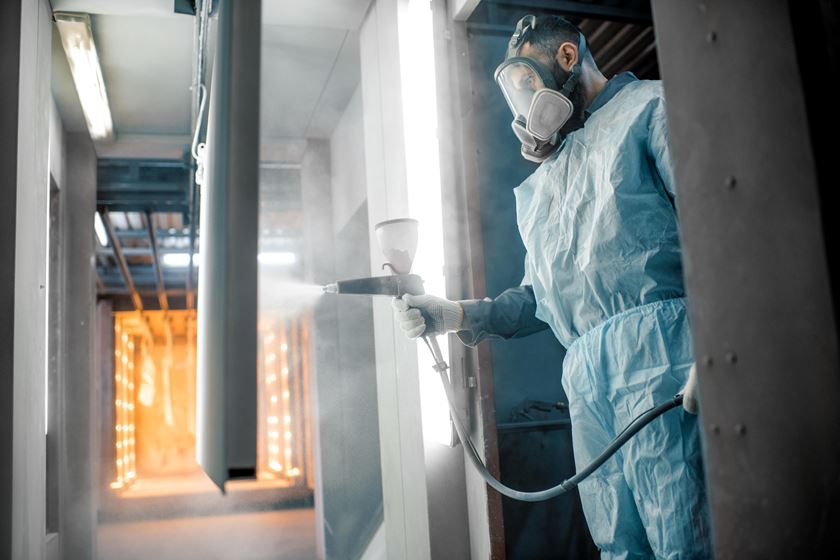Study Says Metal Orthopedic Implants Unlikely to Trigger Allergy
Despite concerns about cobalt and chromium coating debris on metal hip replacements, noted dermatologist says there is little risk that patients will have a skin reaction or joint pain from the devices.

Read more about the subject at http://www.ncbi.nlm.nih.gov/pubmed/20597929
RELATED CONTENT
-
Fixing Corrosion Between Anodized Aluminum and Steel
Anne Deacon Juhl, Ph.D., with AluConsult, says Galvanic corrosion is due to an electrical contact with a more noble metal or a nonmetallic conductor in a conductive environment.
-
Cleaning, Pretreatment to Meet Medical Specs ISO 13485 or FDA 21 CFR820
Maximilian Kessler from SurTec explains new practices for industrial parts cleaning, metal pretreatment and decorative electroplating in the medical device industry.
-
Zinc Electroplating
Choosing the best process for your operation.















